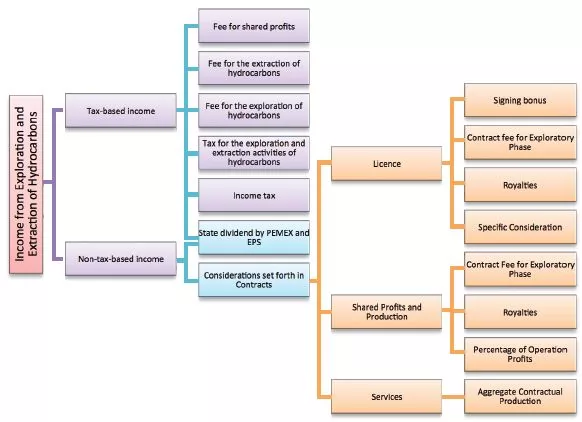Over the last seven years, various changes have been made to the CFC rules as a result of decisions in the European Court of Justice in order to make the UK rules more compliant with EU Treaties. Notwithstanding the changes, a number of multinationals in recent years transferred their holding companies outside the UK to reduce the exposure of group profits to the CFC rules.
To maintain the competitiveness of the UK as a location of choice for multinational companies, substantial changes have been proposed to the CFC rules. The main objective is to reduce the administrative burden on companies and to focus on the artificial diversion of profits from the UK to low tax territories. The new regime applies where a non-UK resident company is controlled by UK resident person or persons. If there are chargeable profits a tax charge will apply to those UK companies having a 25% or more interest in the CFC.
Exemption from the CFC provisions is achieved either by profits being excluded from the 'gateway', or by meeting one five specific exemptions, or by the full or partial exemption of finance profits, so that only companies that have profits artificially diverted from the UK require additional reporting. Profits of a CFC will not be subject to a tax charge if one of the four conditions for the gateway test is satisfied.
- At no time in the accounting period does the CFC hold assets or bear risks under arrangements with a main purpose of achieving a reduction in UK or overseas taxes
- The CFC does not have any UK managed assets or risks during the accounting period
- At all times in the accounting period the CFC has the capability to carry on its business in a commercially effective way if any of its UK managed assets or risks were no longer managed in the UK
- The CFC only has property business profits or non-trading finance profits.
Non trading finance profits are subject to restrictions so that the CFC rules will apply where the profits are attributable to assets or risks effectively managed from the UK, or the profits arise from investment of capital directly or indirectly from a UK connected company, or the profits arise from an arrangement with a UK connected company or UK PE that avoids the need for distributions and has a main purpose of tax avoidance, or profits arising from certain lease arrangements with tax avoidance purposes. There are separate gateways for companies with trading finance profits, captive insurance business and exclusions for profits arising from certain qualifying loan relationships.
In addition to the gateway, there are entity level exemptions.
- Temporary period exemption: allowing a non-resident company coming under UK control to be exempt from the CFC rules for an initial period of 12 months and can be extended if notice is given to HMRC and they approve the extension.
- Excluded territories exemption: territories that are specified in regulations and provided any 'tainted' income does not exceed 10% of the company's accounting profits (or £50,000 if greater).
- Low profit exemption: where the profits (either taxable or accounting) of the foreign entity are less than £500,000 per annum and the non-trading income does not exceed £50,000.
- The low profit margin exemption: where the foreign entity makes a low level of accounting profit before deduction of interest by reference to its relevant operating costs. The profit margin can be no more than 10% of these costs.
- The tax exemption: where the local tax is 75% or more of total corresponding UK tax, after excluding the impact of any local tax privileges. This does not apply to designer tax rate regimes.
Where none of the exclusions apply, UK companies with a 25% or more interest in the CFC are assessed on the appropriate profits of the CFC. The CFC tax charge is reduced for any foreign tax attributable to the apportioned profits and where applicable any other tax relief available in the UK.
A favourable regime for the taxation of income derived from the financing of intra-group companies is available to exempt 75% of qualifying finance profits. If applicable this will result in an effective rate of 5.5% on those qualifying profits with effect from 2014.
The new rules will apply to accounting periods beginning on or after 1 January 2013.
In summary, the new rules represent a significant shift in HMRC's approach to the CFC rules, to consider only that portion of profits which are 'artificially diverted'. The new rules seek to exclude overseas entities from the legislation based on a number of exemptions and safe harbours. Where none of the exemptions are currently available, consideration should be given to the possibility of ensuring effective overseas risk management and decision making capability. In particular, the compliance obligations for small companies should be simplified and the new rules for full or partial exemption of profits derived from qualifying financing activities are welcomed.
The content of this article is intended to provide a general guide to the subject matter. Specialist advice should be sought about your specific circumstances.

